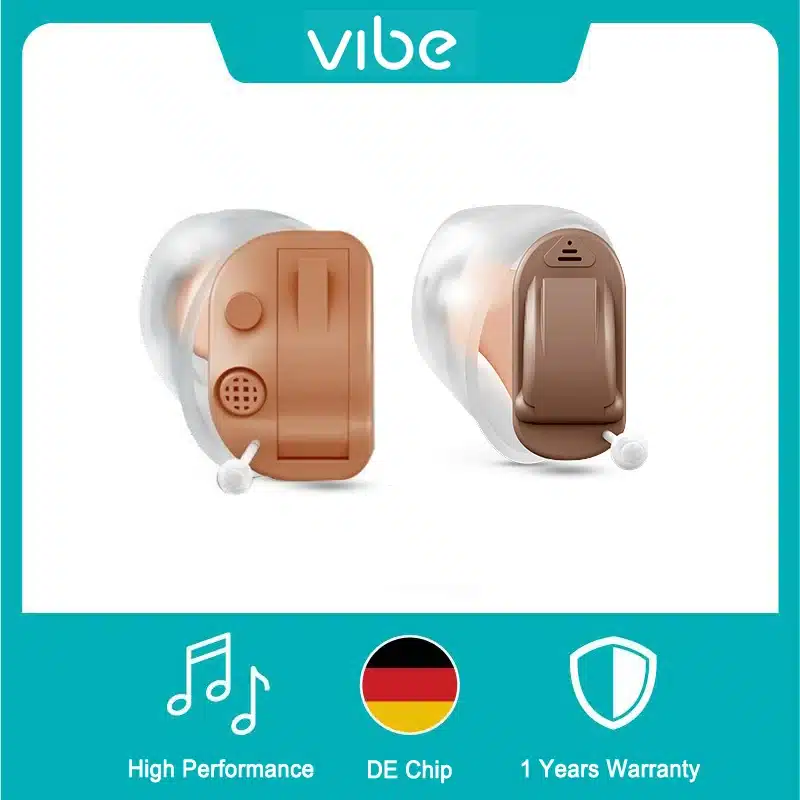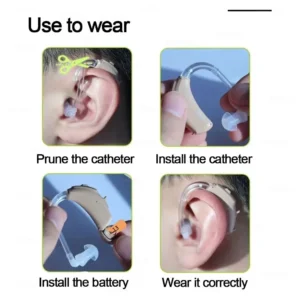
Talking about how long does tinnitus last, first lets understand what tinnitus is. What is Tinnitus? Tinnitus is a condition characterized by the perception of noise or ringing in the ears when no external sound is present. It can manifest as buzzing, ringing, hissing, or other sounds and can be constant or intermittent. Tinnitus can have various causes, including exposure to loud noises, certain medical conditions, ear infections, or even stress.
While it’s often not a sign of a serious underlying condition, it can be bothersome and affect quality of life for some individuals. Treatment options vary and may include management techniques, therapy, or in some cases, medical intervention. If you or someone you know is experiencing tinnitus, it’s essential to consult with a healthcare professional for proper evaluation and management. lets talk about how long does tinnitus last

Treatment for tinnitus typically depends on the underlying cause and the severity of the symptoms. Here are some common approaches:
1. **Addressing Underlying Conditions**: If tinnitus is caused by an underlying medical condition such as earwax buildup, a vascular issue, or temporomandibular joint (TMJ) disorder, treating the underlying condition may alleviate the tinnitus.
2. **Noise Suppression**: Using background noise, such as white noise machines, fans, or soothing music, can help mask the tinnitus sound and make it less noticeable, especially during quiet times or when trying to sleep.
3. **Hearing Aids**: If tinnitus is accompanied by hearing loss, hearing aids can help by amplifying external sounds, which can reduce the perception of tinnitus.
4. **Sound Therapy**: Sound therapy involves listening to low-level, neutral sounds to help distract from or mask the tinnitus sound. This can be done through wearable devices or smartphone apps designed for sound therapy.
5. **Cognitive Behavioral Therapy (CBT)**: CBT techniques can help individuals change their reaction to tinnitus and manage associated stress or anxiety. This therapy can also help improve sleep quality and overall well-being.
6. **Tinnitus Retraining Therapy (TRT)**: TRT combines sound therapy with counseling to help habituate the brain to the tinnitus sound and reduce its perceived loudness and annoyance.
7. **Medications**: While there’s no specific medication to cure tinnitus, certain medications may be prescribed to manage associated symptoms such as anxiety, depression, or sleep disturbances.
8. **Lifestyle Changes**: Avoiding exposure to loud noises, reducing stress, limiting caffeine and alcohol intake, and getting regular exercise can sometimes help alleviate tinnitus symptoms.
It’s essential for individuals with tinnitus to work closely with healthcare professionals, such as audiologists or otolaryngologists (ear, nose, and throat specialists), to determine the most appropriate treatment plan based on their specific needs and circumstances. And how long does tinnitus last.

The duration of tinnitus can vary greatly from person to person. For some individuals, tinnitus may be temporary and resolve on its own, especially if it’s caused by factors like exposure to loud noise or certain medications. In other cases, tinnitus may persist for a longer period or even become chronic.
If tinnitus is due to a temporary cause, such as exposure to loud noise at a concert, it may resolve within a few hours to a few days. However, if tinnitus is associated with underlying medical conditions or ongoing exposure to loud noise, it may last longer or become chronic.
Chronic tinnitus, which persists for more than six months, can be challenging to manage and may require a combination of treatment approaches, including therapy, lifestyle changes, and possibly medication.
If you’re experiencing tinnitus and curious to know how long does tinnitus last, it’s essential to consult with a healthcare professional for proper evaluation and guidance on management strategies tailored to your specific situation.
Yes, head injuries can potentially cause tinnitus. Traumatic brain injuries (TBIs), including concussions or more severe head trauma, can sometimes result in damage to the auditory system or the nerves that transmit signals from the ear to the brain. This damage can lead to the perception of ringing, buzzing, or other sounds characteristic of tinnitus.
In some cases, tinnitus following a head injury may be temporary and resolve as the injury heals. However, in other cases, it can persist as a long-term or even chronic symptom. The severity and duration of tinnitus following a head injury can vary greatly from person to person, depending on factors such as the extent of the injury, individual susceptibility, and any concurrent conditions.

If someone experiences tinnitus after a head injury, it’s essential for them to seek medical evaluation to assess the extent of the injury and determine appropriate management strategies, which may include treatment for both the head injury itself and the associated tinnitus symptoms.
Alcohol-induced tinnitus, which is a ringing or buzzing in the ears triggered by alcohol consumption, can vary in duration depending on several factors, including the individual’s overall health, the amount of alcohol consumed, and their sensitivity to alcohol.
Tinnitus after attending a concert is often a temporary condition resulting from exposure to loud noise. The duration can vary depending on several factors:
See Also Tinnitus Treatment Remedy
How to Manage Tinnitus at Home: If tinnitus is mostly noticed in quiet situations, first you should try using a white noise machine to mask the noise. If you don’t have a white noise machine, a fan, soft music or low-volumed static radio will help.




How do you deal with tinnitus? If tinnitus is mostly noticeable in quiet situations, try using a white noise machine to mask the noise from tinnitus. If you don’t have a white noise machine, a fan, soft music or low-volume radio static also may help.